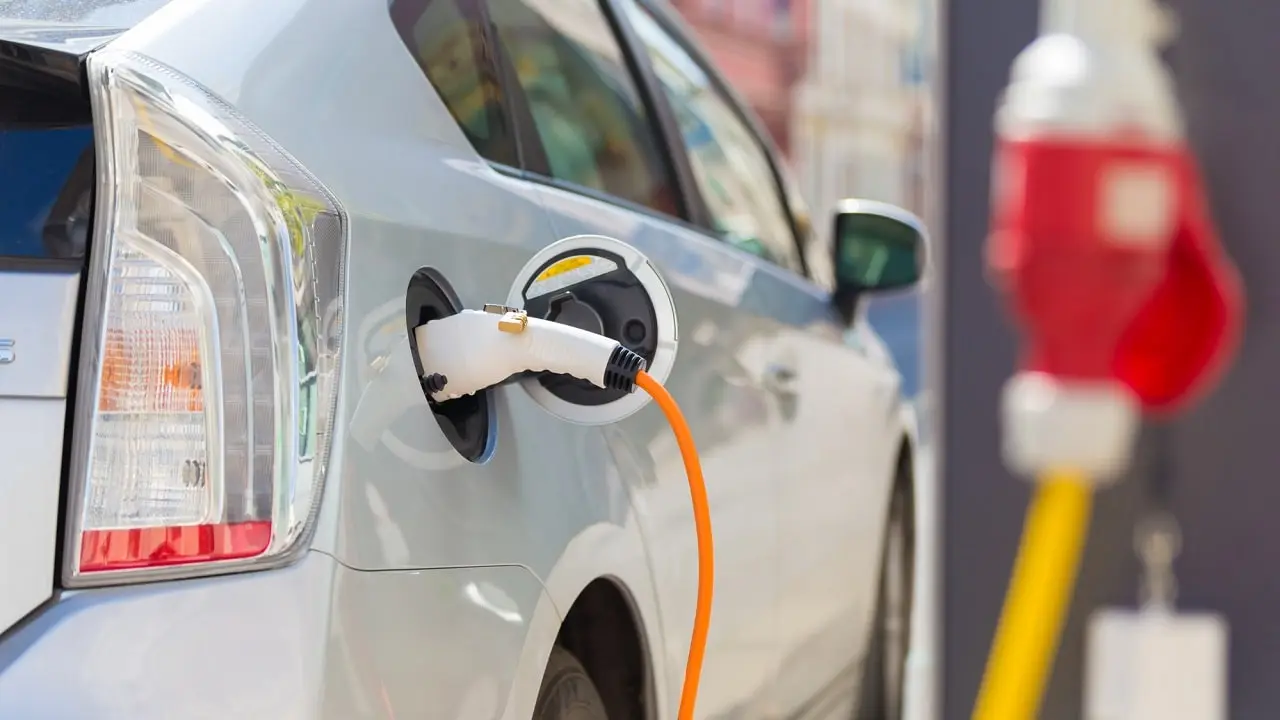The variety of fake news and conspiracy theories that fills the internet is now incalculable. Among the most curious hoaxes, and all in all not too frequent, there are those that target electric vehicles. Which will evidently be the future of traffic, and about which in fact there may also be (at least for now) some legitimate doubts.
But against which, we imagine by those who are more or less directly involved in the traditional vehicle industry, completely unfounded news circulates from time to time.
We reported one to you, in this column, in April 2022. When the rumor spread that electric vehicles were much more likely to catch fire than petrol ones. Hoax disavowed by several reports.
In recent days, another hypothetical piece of news has been disclosed, according to which electric cars pollute (or rather would pollute) 1850 times more than petrol cars. But really?
Electric cars pollute 1850 times more than petrol cars
The web is on alert. The news was shared on various social media that electric cars pollute 1850 times more than petrol ones.
And to demonstrate that this is not a far-fetched thesis, a link was even provided to a study that would demonstrate what has been reported and disseminated. Study mentioned, in Italian, on the Solar Activity website.
An account with the same name, moreover, is very diligent in intervening among the comments of the various posts with apocalyptic phrases. Here is an example, in response to those who regretted having to “throw away” their petrol-powered car by 2035. “Unfortunately we are subjected every day to impositions in which we have never participated and worse, we do not agree. Unfortunately, I fear that your request will not be possible to implement with a totalitarian system like the current one.”
The article published in Solar Activity was translated directly from one published in English on March 12th. And in the first lines it contains, or rather it would contain, the link to the study cited. So?
The wrong study. And misrepresented
First problem. The link reported by Solar Activity points to non-existent (or removed) content.
However, it is not difficult to trace the report cited and published on Emission Analytics. At this point, we expect a study that mercilessly shows the disturbing consumption of electric vehicles.
Too bad the study in question (also not peer-reviewed) talk about something else. And that is the fact that a considerable percentage of the fine dust produced by vehicles does not come from the combustion of fuel but from the progressive wear of tyres. Unlike the emissions of CO2, other greenhouse gases, nitrogen oxide and carbon monoxide, produced by car exhaust.
And where does the number 1850 come from? According to research, the quantity of particulate matter produced by tire wear is 1850 times higher than that emitted by exhaust gases.
Electric cars don’t pollute more
No fingers, therefore, pointed at electric cars. The study only mentions the fact that on average an electric vehicle weighs more, and therefore tire consumption could be slightly higher than that of petrol cars.
But in the research we also read: “However, it is important to say that a careful driver of a battery electric vehicle, with the advantage of regenerative braking, can more than cancel out the tire wear emissions resulting from the additional weight of his vehicle, obtaining a lower tire wear than a poorly driven internal combustion engine vehicle.”
The usual expedient
Who knows how many times we have repeated it. The purveyors of hoaxes are shameless in not paying attention to the verisimilitude of what they spread.
In this case, the psychological expedient is clear: it plays on the fact that, when faced with a research citation, the average reader suffers a sense of awe and tends to trust a priori (if science says so…), without checking.
Instead, we must always be alert, courageous and aware of the fact that today we all have the possibility – with a few clicks – to ascertain the degree of scientificity of a piece of news. The important thing is to always distrust the principle of authority.
Stay updated by following us on Google News!
Follow!
Don’t miss this week on Techprincess
🍎New iPads and accessories: what to expect from Apple’s May 7 event
🛒 The best offers of Amazon Gaming Week
🎮The Nintendo Delta emulator is coming to iPad
🪪Social card “Dedicated to you”:what it is and how you can use the 460 euro bonus
✒️ Our unmissable Caffellattech newsletter! Sign up here
🎧 But did you know that Fjona also has her own newsletter?! Sign up to SuggeriPODCAST!
📺 You can also find Fjona on RAI Play con Touch – Fingerprint!
💌 Let’s solve your heart problems with B1NARY
🎧 Listen to our unmissable podcast Tech life
💸And you can find some interesting offers on Telegram!
